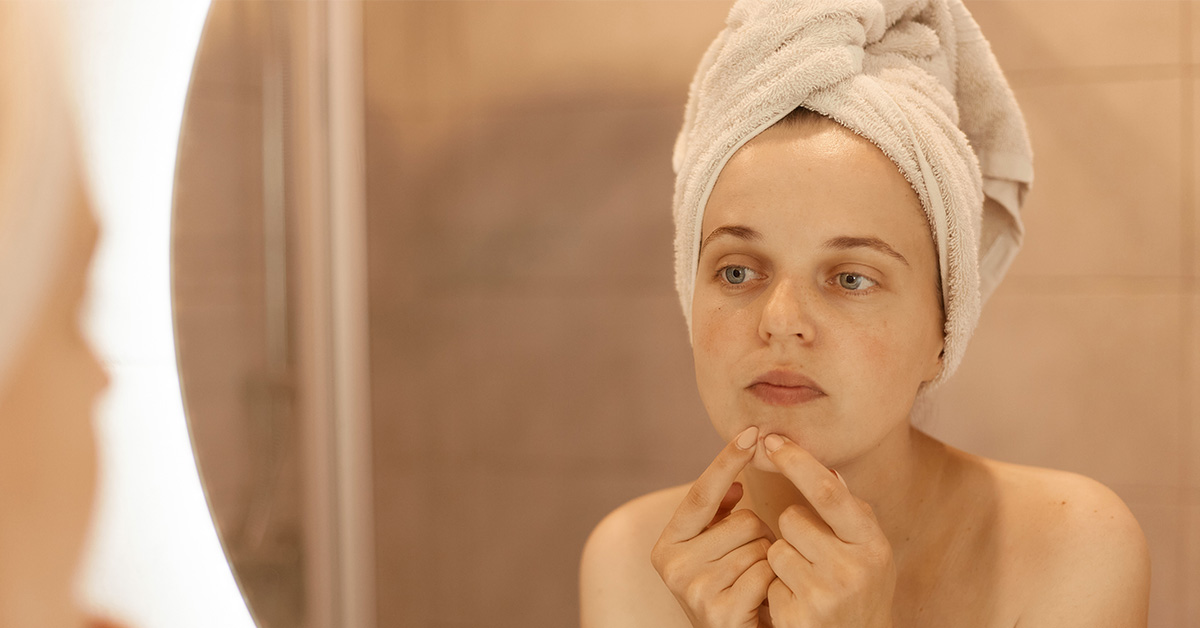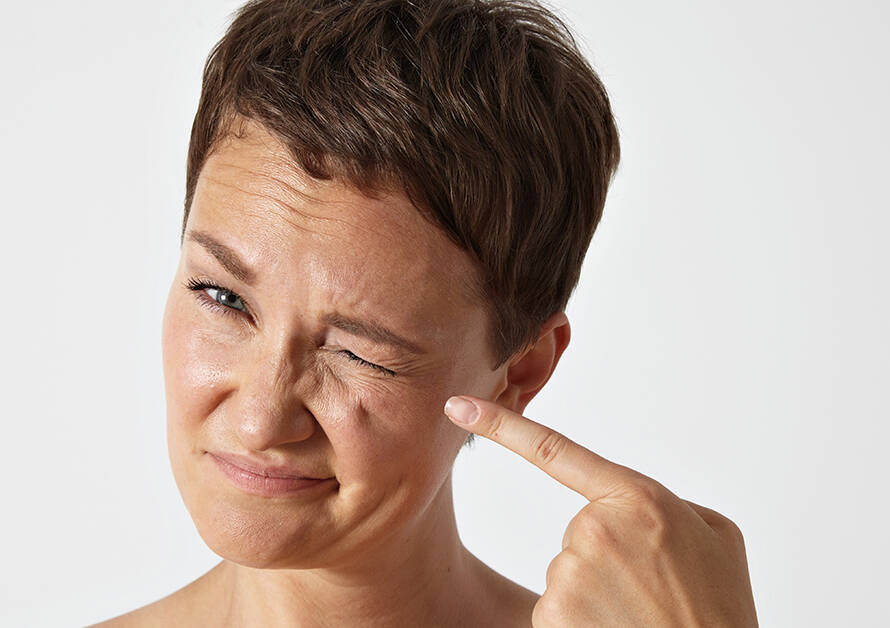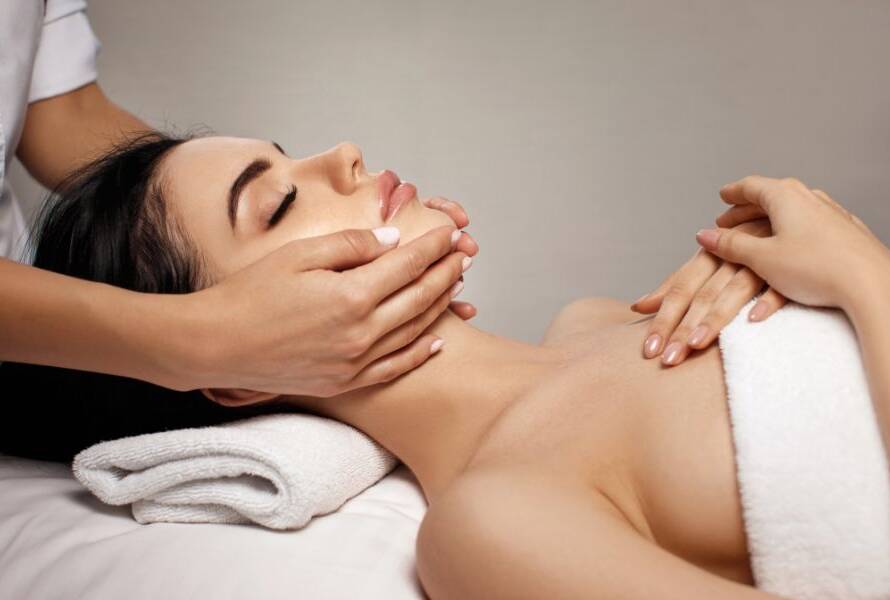The Struggle with Acne
Acne can be a persistent and frustrating skin condition. Many people find themselves trying various treatments with little success. However, natural remedies offer a gentle and effective way to combat acne without harsh chemicals.
Why Choose Natural Remedies?
Natural remedies are often less expensive and free from side effects commonly associated with commercial acne treatments. They can help heal the skin from within, promoting a clearer and healthier complexion.
Understanding Acne
What Causes Acne?
Acne is caused by several factors.
Hormonal Imbalances
Hormones play a significant role in acne development, particularly during puberty, menstruation, and stress.
Diet and Lifestyle
Diet and lifestyle choices, such as consuming high-sugar foods and not getting enough sleep, can exacerbate acne.
Types of Acne
Understanding the types of acne is crucial for effective treatment.
Whiteheads and Blackheads
These are the most common and mild forms of acne caused by clogged pores.
Papules, Pustules, Nodules, and Cysts
These are more severe forms of acne that can lead to scarring if not treated properly.
Preparing for Natural Acne Treatment
Cleansing Your Skin
Importance of Gentle Cleansing
Use a gentle cleanser to remove dirt and excess oil without stripping the skin of its natural moisture.
Avoiding Common Irritants
Skincare Ingredients to Avoid
Avoid products with harsh chemicals, artificial fragrances, and alcohol, as they can irritate the skin and worsen acne.
Day 1: Starting the Natural Acne Cure
Morning Routine
Honey and Cinnamon Mask
Mix 1 tablespoon of honey with 1 teaspoon of cinnamon. Apply to your face for 10-15 minutes and rinse off with warm water. This mask has antibacterial properties that help reduce acne.
Green Tea Toner
Brew green tea, let it cool, and use a cotton ball to apply it to your face. Green tea helps reduce inflammation and acne.
Afternoon Care
Aloe Vera Gel Application
Apply fresh aloe vera gel directly to acne-prone areas. Aloe vera soothes the skin and reduces redness.
Evening Routine
Tea Tree Oil Spot Treatment
Dilute tea tree oil with a carrier oil (like coconut oil) and apply it to individual pimples. Tea tree oil has antimicrobial properties that can help clear acne.
Chamomile Tea Rinse
Brew chamomile tea and let it cool. Use it as a final rinse after cleansing your face. Chamomile soothes irritated skin.
Day 2: Intensifying the Treatment
Morning Routine
Apple Cider Vinegar Toner
Mix 1 part apple cider vinegar with 3 parts water. Apply with a cotton ball to balance the skin’s pH and reduce acne.
Turmeric and Yogurt Mask
Mix 1 teaspoon of turmeric with 2 tablespoons of yogurt. Apply to your face and leave on for 15-20 minutes. Turmeric has anti-inflammatory properties, while yogurt helps hydrate and exfoliate.
Afternoon Care
Cucumber and Lemon Juice Toner
Mix cucumber juice with a few drops of lemon juice. Apply with a cotton ball. Cucumber soothes the skin, and lemon juice has antibacterial properties.
Evening Routine
Witch Hazel Application
Apply witch hazel to your face using a cotton pad. Witch hazel is a natural astringent that can help tighten the skin and reduce acne.
Neem Oil Spot Treatment
Apply neem oil directly to acne spots. Neem oil has antibacterial properties that help clear up acne.
Day 3: Consolidating the Results
Morning Routine
Baking Soda Exfoliation
Mix baking soda with water to form a paste. Gently exfoliate your face with this mixture to remove dead skin cells and unclog pores.
Rose Water Toner
Spritz rose water on your face as a toner. Rose water helps balance the skin’s pH and reduce redness.
Afternoon Care
Honey and Turmeric Spot Treatment
Mix honey and turmeric and apply directly to pimples. Leave it on for 15 minutes before rinsing off.
Evening Routine
Aloe Vera and Tea Tree Oil Mask
Mix aloe vera gel with a few drops of tea tree oil and apply to your face. Leave it on for 20 minutes and rinse off. This mask helps reduce inflammation and acne.
Lavender Oil Night Treatment
Apply a few drops of lavender oil mixed with a carrier oil to your face before bed. Lavender oil helps soothe the skin and promotes healing.
Diet and Hydration
Foods to Include
Anti-Inflammatory Foods
Incorporate foods like berries, leafy greens, and fatty fish into your diet. These foods help reduce inflammation and promote clear skin.
Foods to Avoid
High Sugar and Dairy Products
Limit your intake of high-sugar foods and dairy products, as they can trigger acne.
Importance of Hydration
Drink plenty of water to keep your skin hydrated and flush out toxins.
Lifestyle Changes for Clear Skin
Stress Management
Practicing Yoga and Meditation
Regular practice of yoga and meditation can help reduce stress, which is a common trigger for acne.
Regular Exercise
Exercise boosts circulation and helps reduce stress, both of which can contribute to clearer skin.
Herbal Remedies for Acne
Benefits of Herbal Teas
Dandelion and Burdock Root Tea
These teas help detoxify the body and promote clear skin.
Using Herbs in Skincare
Basil and Mint Face Pack
Crush fresh basil and mint leaves and apply to your face. These herbs have antibacterial properties that help clear acne.
Long-Term Acne Prevention
Maintaining a Consistent Skincare Routine
Stick to a consistent skincare routine to maintain clear skin.
Regular Detoxification
Regular detoxification can help remove toxins from the body and prevent acne.
Conclusion
Embrace Natural Beauty
Natural remedies for acne not only help clear your skin but also promote overall skin health. Embrace these natural solutions for a radiant, clear complexion.
Sustainable Skincare Practices
Adopting sustainable skincare practices can help you maintain clear skin in the long term.
FAQs
Can natural remedies cause skin irritation?
While natural remedies are generally safe, some people may experience irritation. It’s important to do a patch test before using any new treatment.
How quickly can I see results from natural acne treatments?
Results can vary, but many people see improvements within a few days of consistent use.
Are there any side effects of using essential oils for acne?
Essential oils are potent and can cause irritation if not used correctly. Always dilute them with a carrier oil and do a patch test before use.
How often should I apply natural masks?
Natural masks can be applied 2-3 times a week for best results.
What should I do if my acne doesn’t improve?
If your acne doesn’t improve with natural treatments, it may be best to consult a dermatologist for further evaluation and treatment.


